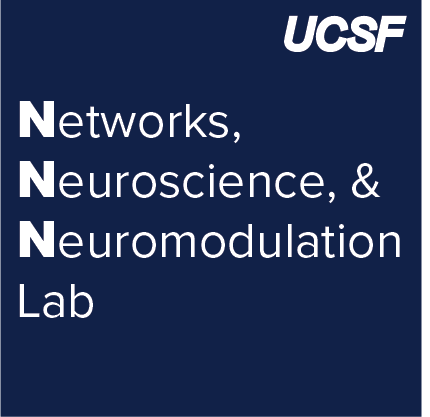This study is a stratified, parallel-group, single-center study utilizing multimodal imaging techniques to identify biomarkers for mood disorders. Our goal is to identify biomarkers for Major Depressive Disorder (MDD) or Obsessive Compulsive Disorder (OCD) treatment response that can be implemented in clinical diagnosis and care as valid and reliable measures, through monitoring neurophysiological and electrophysiological changes across the course of rTMS treatment. First, we intend to examine the replicability and prognostic utility of two previously identified potential biomarkers for MDD or OCD. Second, we will conduct an exploratory, whole brain analysis combining EEG and imaging techniques to identify potential biomarkers for MDD, OCD, and treatment response. We hope to shed new light on the mechanisms underlying depression and relapse, which may allow for a more effective, personalized selection of treatment course.
Patients diagnosed with MDD or OCD will be recruited from the UCSF TMS and Neuromodulation Clinic. Subjects will complete resting-state functional magnetic resonance imaging (fMRI), diffusion tensor imaging (DTI) and electroencephalography (EEG) scans prior to their initial TMS treatment, within one week of the mid-treatment appointment, and within one month of completing TMS treatment. Outcome measures will include depression score on the Montgomery-Asberg Depression Rating Scale (MADRS) and the Yale-Brown Obsessive Compulsive Scale (Y-BOCS) administered by a clinician, changes in white matter integrity using DTI, BOLD signal using fMRI and EEG power and coherence. Additionally, patients may complete a battery of cognitive and neuropsychological scales to monitor patient progress.
*** This study is currently not recruiting***
